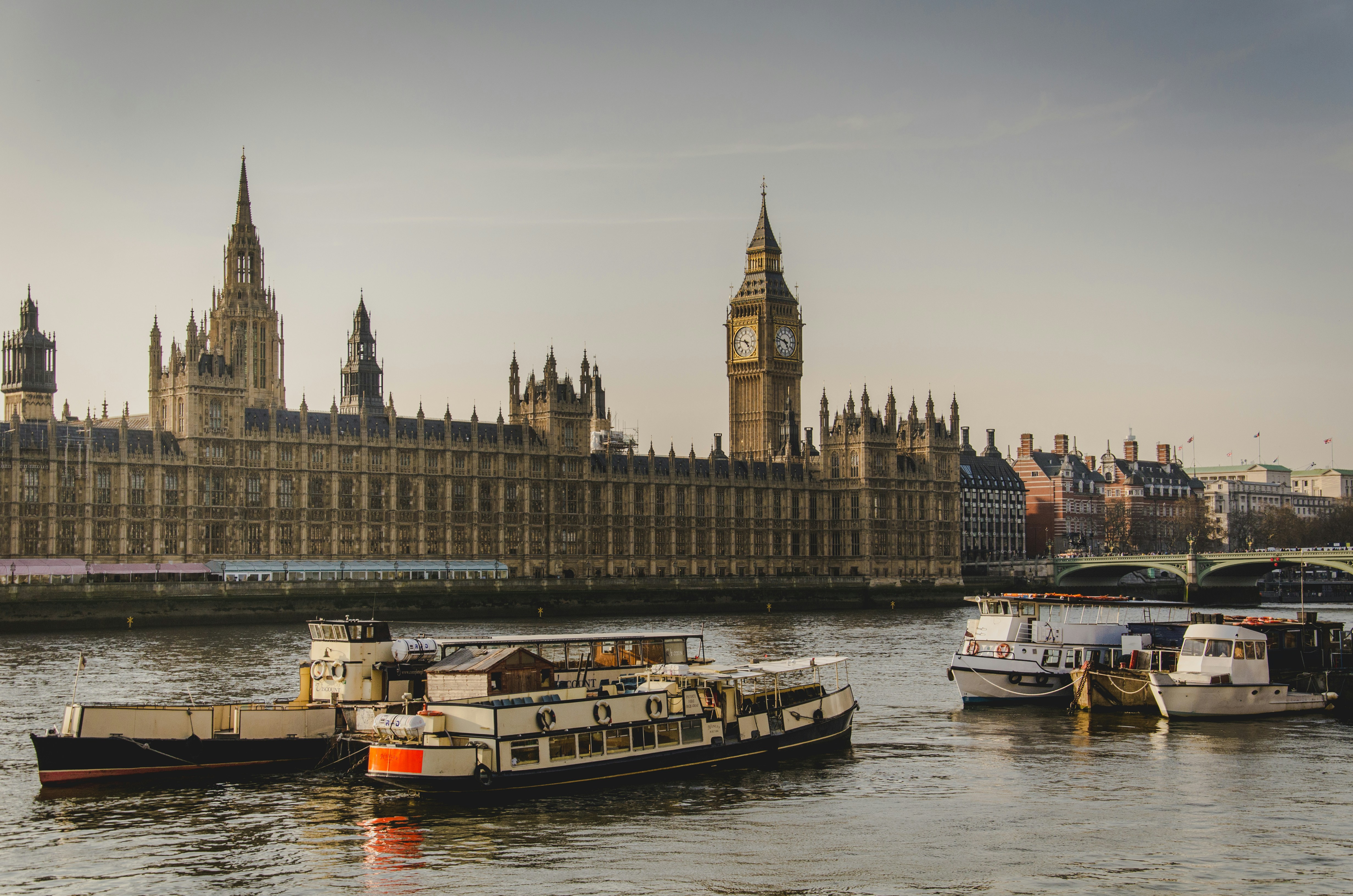
Image source - Shane Rounce
This article was originally published on Mar 1, 2025.
British politics has long been associated with class and wealth, which is no surprise when considering the fact that it was our monarchs that used to make all our political decisions. For decades the Etonians and the Oxbridge graduates were at the pinnacle of political power, whilst the rest of Britain simply looked on in dismay. Furthermore, British elections were consistently decided on the basis of class, with the upper-middle classes voting Conservative and the working and lower classes aligning themselves with Labour. But what is British politics like now? Has anything improved, or is our politics still stuck in its old ways?
My answer would be yes, things have improved, but that is not to say they are anywhere near to where they ought to be. The greatest shift has been seen in the way in which elections are decided. After Labour became a major party during the interwar years, a clear partisan dividing line was established in society and it remained there up until the 1970s. In the 1964 election, for example, 62% of non-manual workers voted Conservative and 64% manual workers voted Labour, which demonstrates the lines upon which elections were contested. The reasoning was simple; you voted for the party who aligned with your views and made policies that you needed. Labour supported unions, Conservatives didn’t. Labour would increase taxes, Conservatives wouldn’t. In the 1970s, however, change began taking place. When Britain shifted into a post-industrial society and the middle class grew rapidly, the parties shifted their policies to match, and as a result the political relevance of class declined. Age, not class, is the most decisive factor in recent elections. As a young person, you are 10 points more likely to vote Labour, and the same goes for the older generations and the Conservatives. Voting is also increasingly influenced by issues, such as Brexit in the 2019 election, or the personalities of leaders. Class has fallen into political insignificance. In the 2024 election Labour did better across all social classes and actually did marginally better with the wealthier half of the electorate. With this in mind, surely we can conclude that British politics has moved away from its class focused tendencies?
Sadly, there is still parliamentary politics to contend with, and here there is less to celebrate. The House of Lords reeks of elitism and wealth, with Baroness Stokes once describing it as ‘the best gentlemen’s club in London’. 57% of the lords attended private school and over 90 of them inherited their title and position. In the House of Commons things aren’t much better. In 1979, 76% of Conservative MPs were private school attendees, and this has fallen to 46% of Conservative MPs and 23% of total MPs by the most recent figures. Although this remains wildly disproportionate from the overall population (around 6% of the country are privately educated), at least there are signs of improvement. The composition of the cabinets, however, tells a depressing story. Only 19% of cabinet members during both Truss and Sunak’s time in office went to state school. Is it any wonder that people accuse politicians of being “out of touch”? The 2024 Labour victory has led to vast improvement in the representation of state schools, with 92% of the cabinet being state educated. Politicians like Angela Rayner, who grew up in a council house and left school with no GCSEs, show that pathways into politics are slowly but surely becoming more open. Additionally, Labour’s introduction of VAT on private school fees, which the privileged really like to complain about, is indicative of a government less populated by the upper-class. Yet British politics tends to operate in cycles, and it is likely that the Conservatives will return to office in the not-too-distant future, bringing with them a pack of private schoolers to lead our country.
Considering the fact that British politics was once essentially a school reunion for Eton graduates (a school which has generated 20 of our 55 prime ministers), a look at the politics of today would suggest that things have come on leaps and bounds. That’s not to say, however, that our politics is now rid of all classist tendencies. Although our elections are no longer influenced by class, the House of Lords remains a symbol of wealth and elitism, and the Conservative party are still greatly overpopulated with private school attendees. Our politics may not be dominated by class, but the lower and middle classes are still underrepresented and face trickier pathways into politics. There’s still a long way to go.
Rosie is a second year Politics and International Relations student at the University of Manchester. She's on the committee for the UoM politics society, and is interested in justice, the far-right and climate. Outside of politics I enjoy singing, reading, baking and travelling whenever I can.